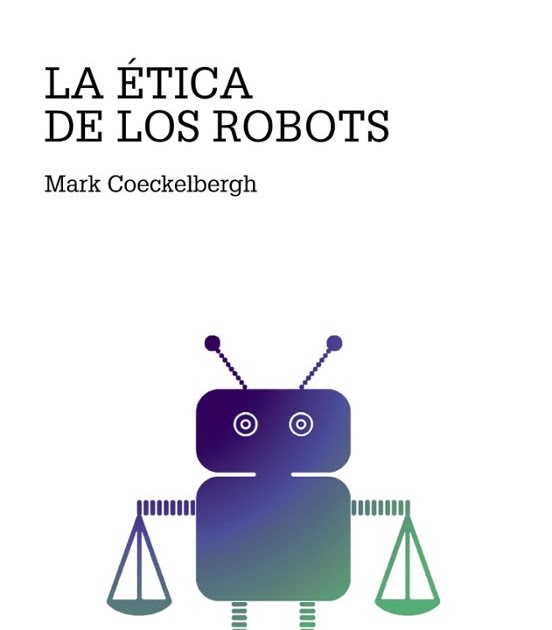
Original language: English
Original title: Robot Ethics
Translation: Lucas Álvarez Canga.
Year of publication: 2024
Valuation: iinteresting
No matter how much the publishing world runs and no matter how much the intellectual community – in this case, a renowned professor of Philosophy – is quick to assimilate, analyze and verbalize issues such as those raised in this necessary The ethics of robots, Reality is going to insist on moving faster and we are almost not talking about years, but rather months, or weeks to see how many of them are not only resolved, with forceful realities, or replaced overwhelmingly quickly by new dilemmas.
And it is not that popular culture has not assimilated these realities quickly: it is that technology, the basic issue of this book, and its applications in all areas of human existence, is a field in which all the elements of humanity converge. perfect storm. It attracts creative stimuli, curiosity, that obsession with being the first to try, the first to demonstrate, the first to experiment (the first to patent, the first to sell), it attracts money, and it is no longer just about being able to provoke the admiration of others or the mere capture of attention. Technology is our present, our environment, our habitat, and the ability to make it affordable and accessible to millions of people (even before other more vitally necessary issues) has become the absolute goal of the most influential corporations.
For many decades now, an issue such as the reach of robotics to individual and social spheres has been on the table. From the work of Asimov to the popular impact of dozens of literary or audiovisual works (from Robocop a Blade Runner passing through Terminatornone of them not even from the century we are in) there has been speculation about the enormous fascination that is the mixture, bastard and unbalanced by nature, between the human will and the cold procedure of the machine that we have designed to act, in principle , under our orders.
Mark Coeckelbergh, an authority on the subject, explains in detail the areas of application of machines (not all humanoid, of course) to human life, classifies them and analyzes their moral and ethical implications, especially in the issues that concern us so much. , from their potential to replace human performance and their reaction to extreme situations to the extremes in which they must be given independence in their decisions. We’re not just talking here about sweeping our house, defusing a bomb, bringing our order to the restaurant. There is also talk of virtual companions, of complex systems that, while those who have designed and programmed them sleep – let’s say peacefully – recognize a face, identify it as a target, send a drone and execute an adversary.
And all this without hardly mentioning the potential that the advancement of AI adds to all this. Read it before it (very soon) expires.
Source: https://unlibroaldia.blogspot.com/2024/12/mark-coeckelbergh-la-etica-de-los-robots.html


